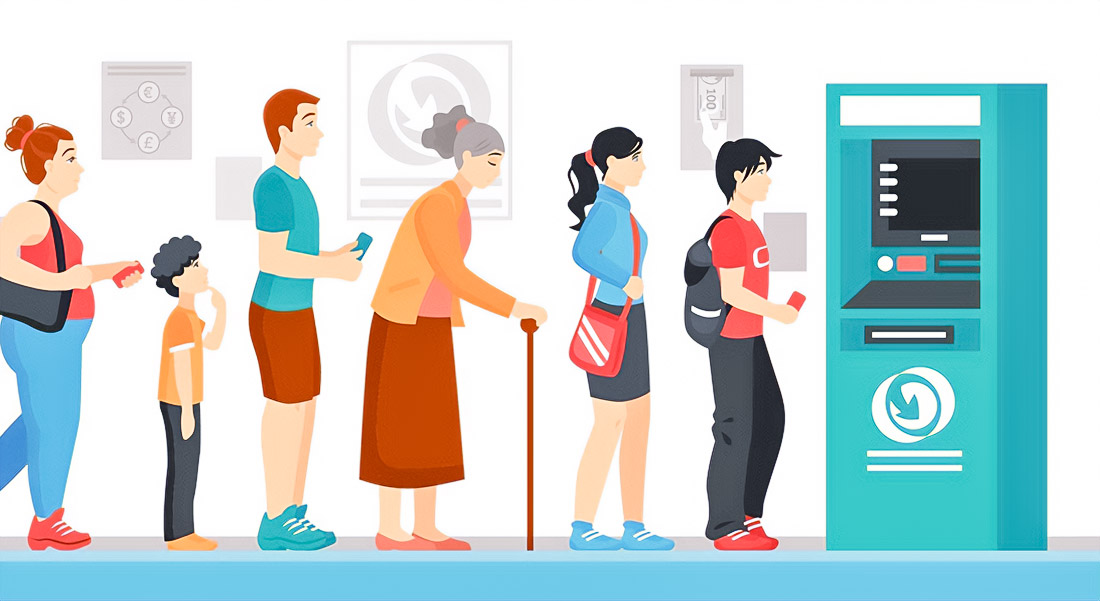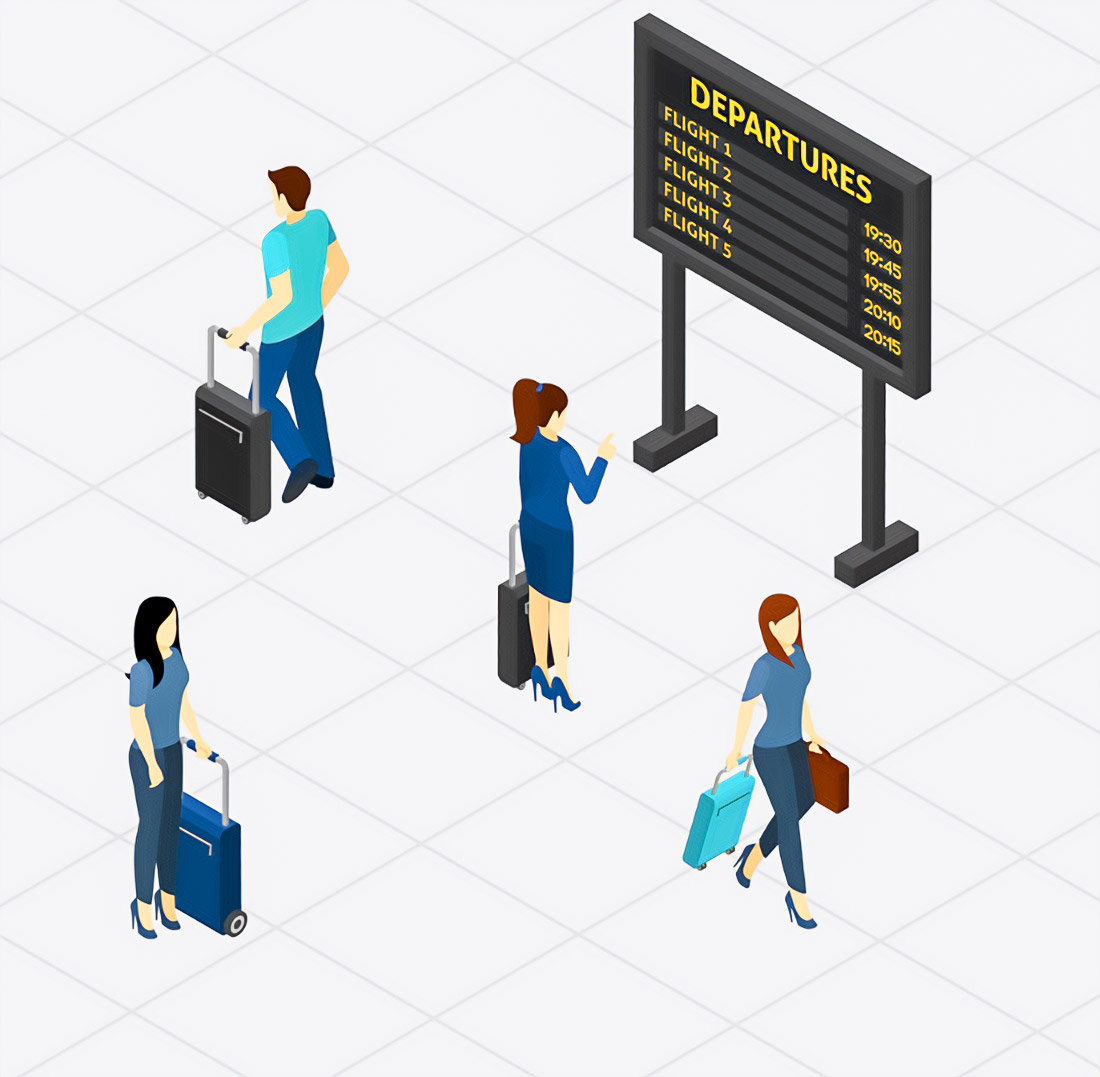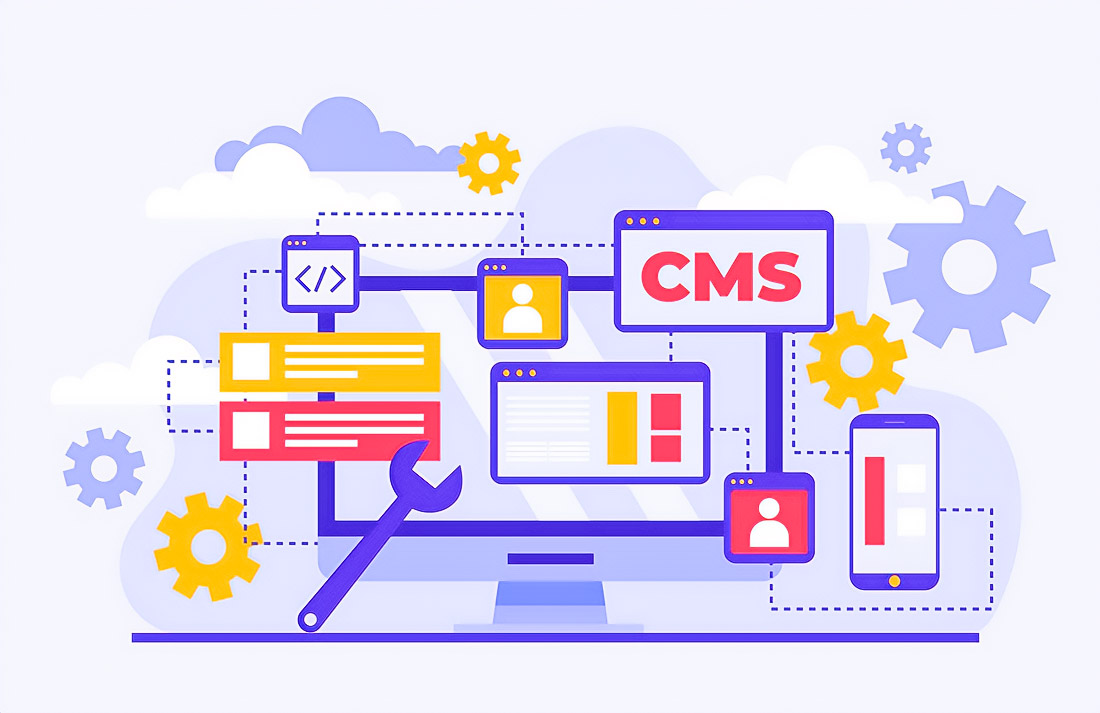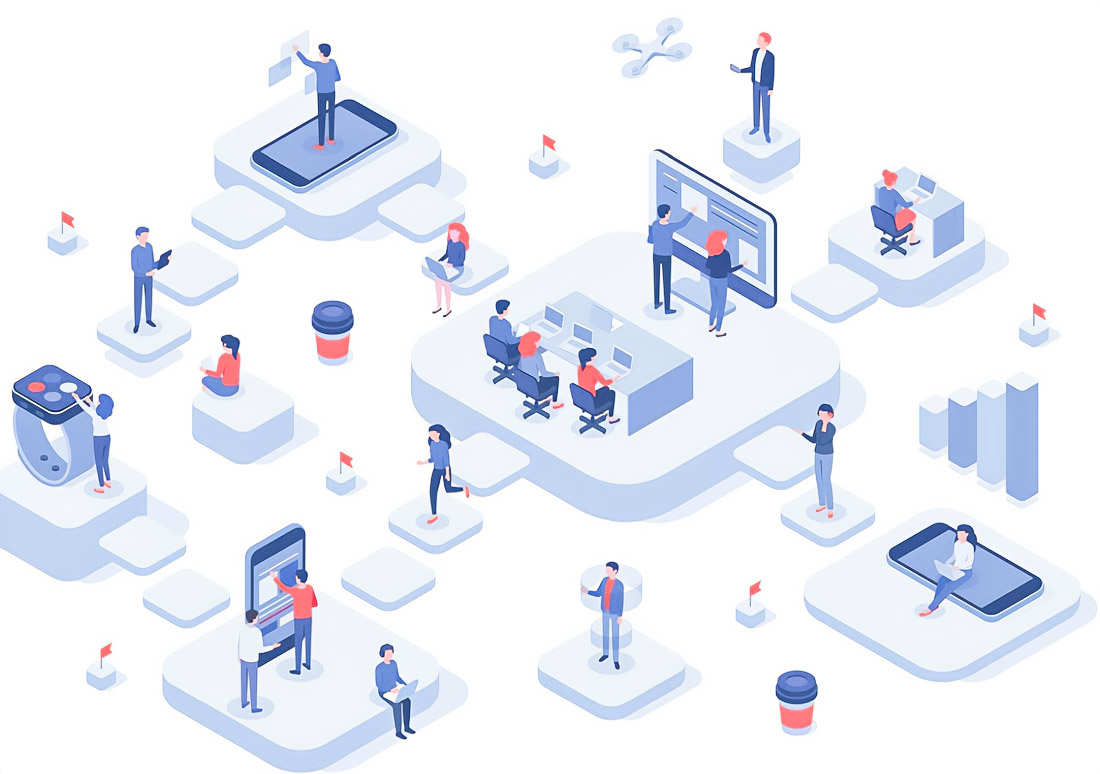Dubai is a city that welcomes people from all around the world, making effective communication essential in daily services. From government offices to healthcare clinics, shopping malls, and banks, visitors and residents often speak different languages. To bridge this gap, the queuing system Dubai offers multilingual support, ensuring that everyone can access services smoothly and without confusion. This approach not only improves efficiency but also creates a more inclusive environment where people feel understood and respected, no matter where they come from.
1. Inclusivity and Respect for Diversity

Dubai has people from many countries like Asia, Europe, and Arab nations. Using Arabic, English, Russian, Hindi, and other languages helps more people use services easily. It makes fewer mistakes and helps everyone understand, so people trust the services more.
2. Reducing Stress and Increasing Customer Convenience

Research shows that passengers and visitors who see instructions in their native language spend less time waiting and are more likely to complete the process without errors. This reduces the number of complaints and improves the overall perception of the service, especially during rush hours or with heavy traffic.
3. Operational Efficiency and Equal Service

Multilingual ticket machines ensure equal treatment: no one group of visitors has an advantage. This eliminates another dynamic, allows you to accurately direct the client to the right window, reduces the burden on staff and ensures transparency. According to industry data, queue automation reduces waiting times and improves customer satisfaction.
4. Improving the Reputation of Service Centers

The convenience and clarity of the interfaces create the impression of attentive and respectful service. This is especially important for tourists or migrants who value the service not only in terms of speed, but also in terms of communication and understanding. The multilingual queue management system strengthens the positive image of institutions.
5. Analytics and Service Strategy

The collected data on the language preferences of customers allows you to adapt resources and responses to the needs of different groups. Analytics via dashboards helps to adjust staffing and optimize allocation to language windows depending on peaks and demographics.
Examples of Implementation and Cultural Impact
In public service centers, many foreigners note the convenience of choosing a language during registration and reduced excitement in queues. In multinational clinics and bank branches, performing operations in your native language helps speed up the process and reduce the risk of errors.
The queuing system in Dubai not only serves the flow of people, but also demonstrates respect for cultural differences, maintaining comfort and equality.
Conclusion
Multilingual queuing systems as part of the queuing system Dubai are not just a technological novelty. This is a strategic tool that:
- ensures cultural inclusivity and respects linguistic diversity.
- reduces stress and increases convenience for customers of different nationalities.
- improves operational efficiency and transparency of the process.
- enhances reputation and customer satisfaction.
It allows you to adapt services to meet the real needs of users. Thus, such solutions not only optimize the work of service centers, but also create an atmosphere of respect, equality and high-quality service in the multinational environment of Dubai.

Skateboarder, foodie, music blogger, International Swiss style practitioner and RISD grad. Acting at the sweet spot between beauty and mathematics to express ideas through design. I prefer clear logic to decoration.
